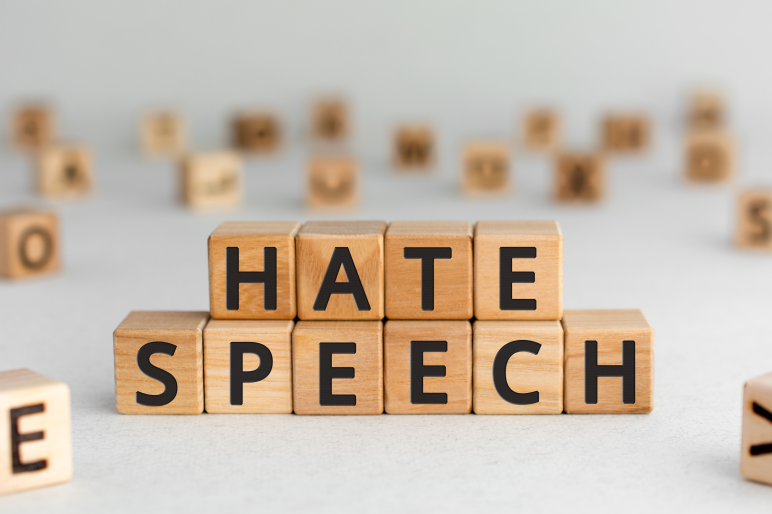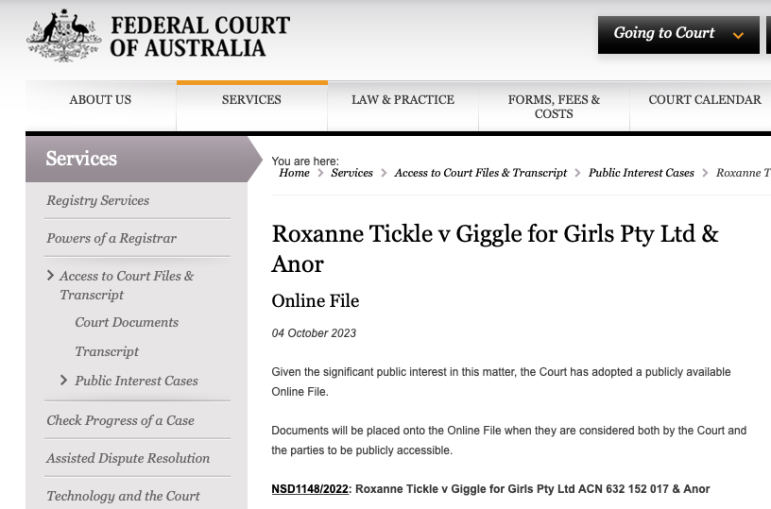An amendment to the NSW Anti-Discrimination Act 1977, making certain types of speech connected with religion unlawful, commenced operation on 11 November 2023. The amendment, made by the Anti-Discrimination Amendment (Religious Vilification) Act 2023 (No 15 of 2023) (“the ADA”), is a form of “religious vilification” law which has not previously been in force in NSW. It is not as bad as some forms of such laws in terms of its effect on religious freedom, but it is worth being aware of its potential operation. It will be important, for example, for those preaching and teaching the Bible (or other religious texts) to understand what the law does, and perhaps more importantly, does not, prohibit.









